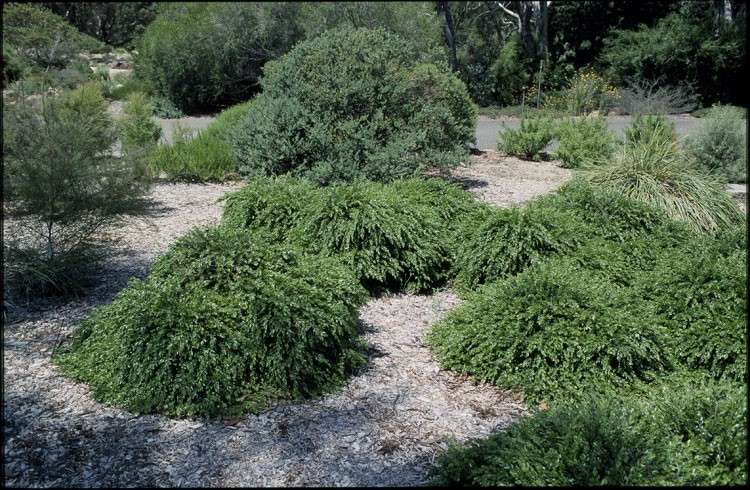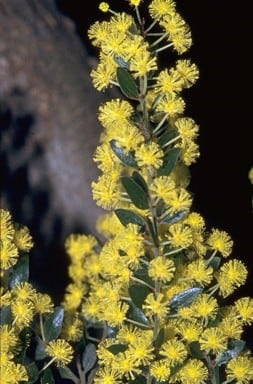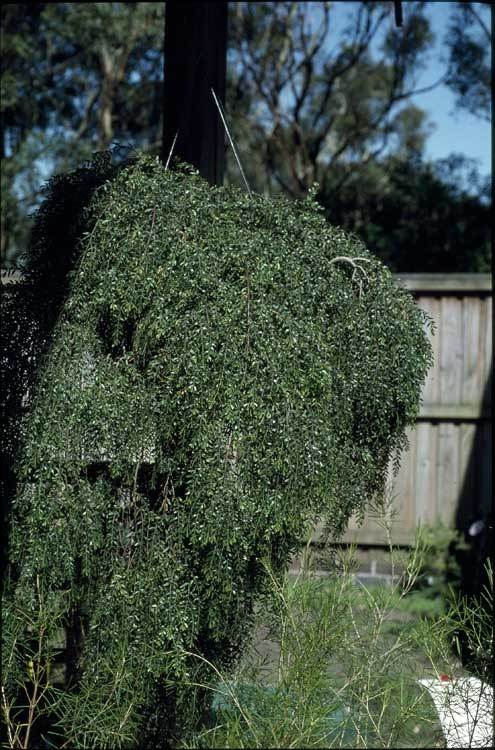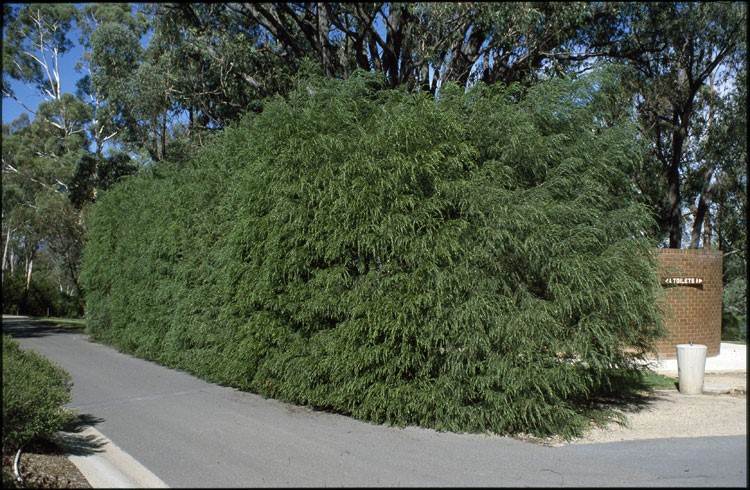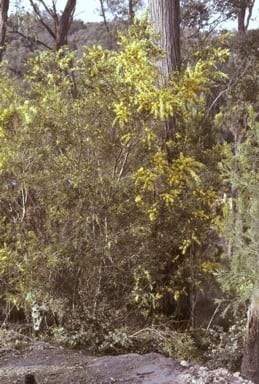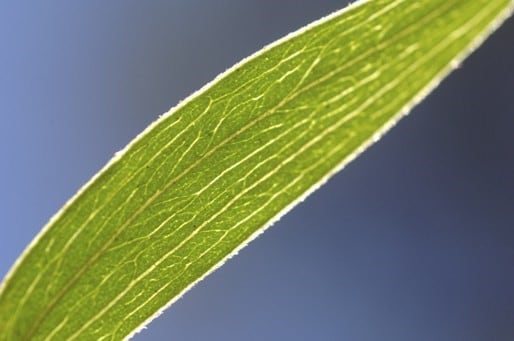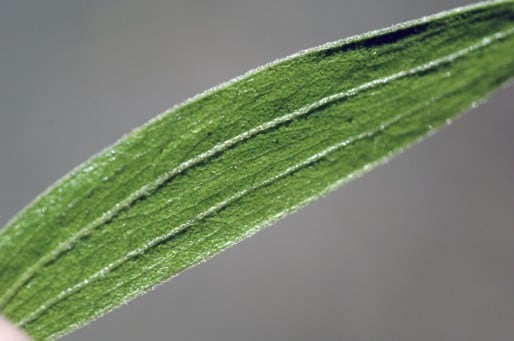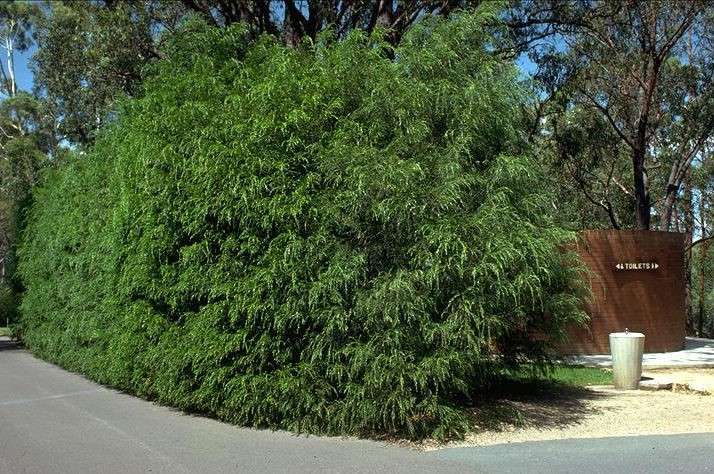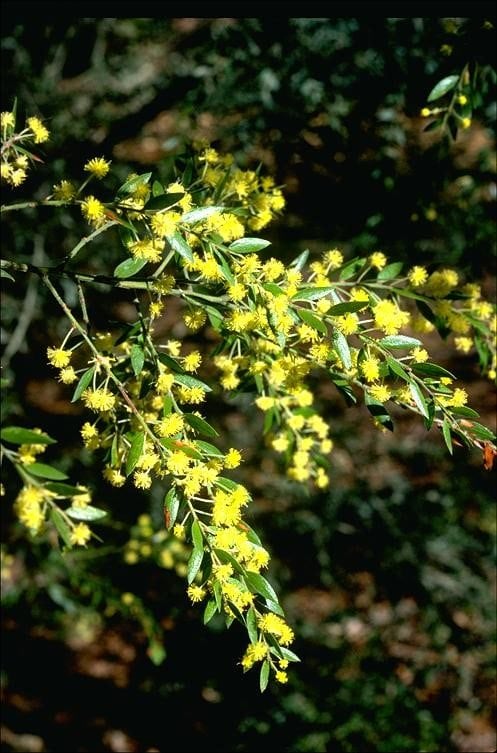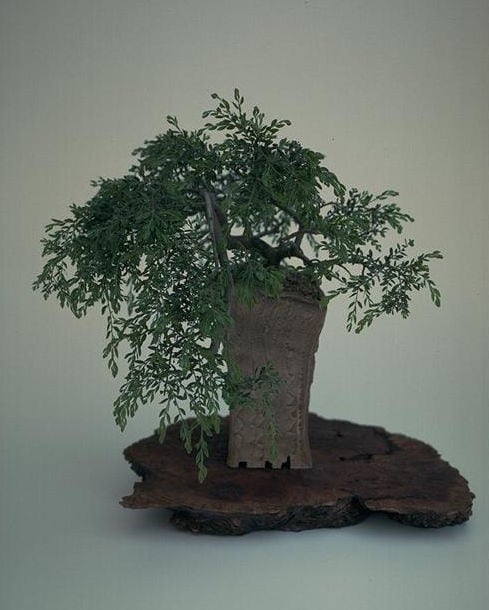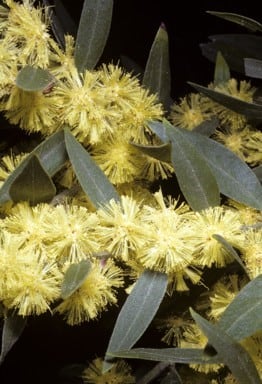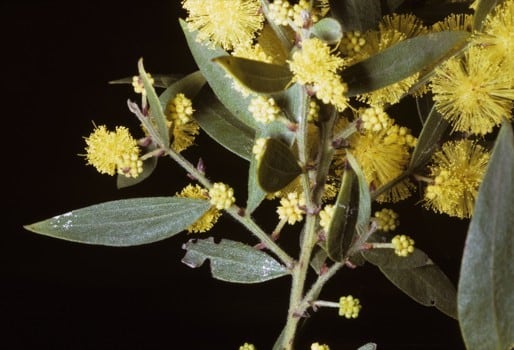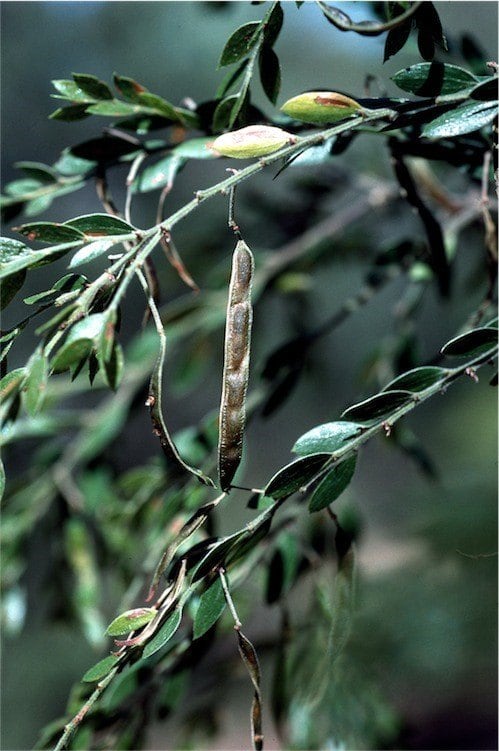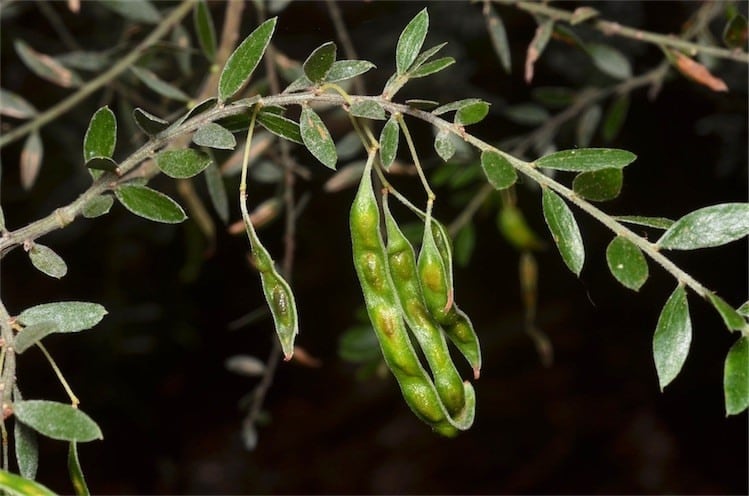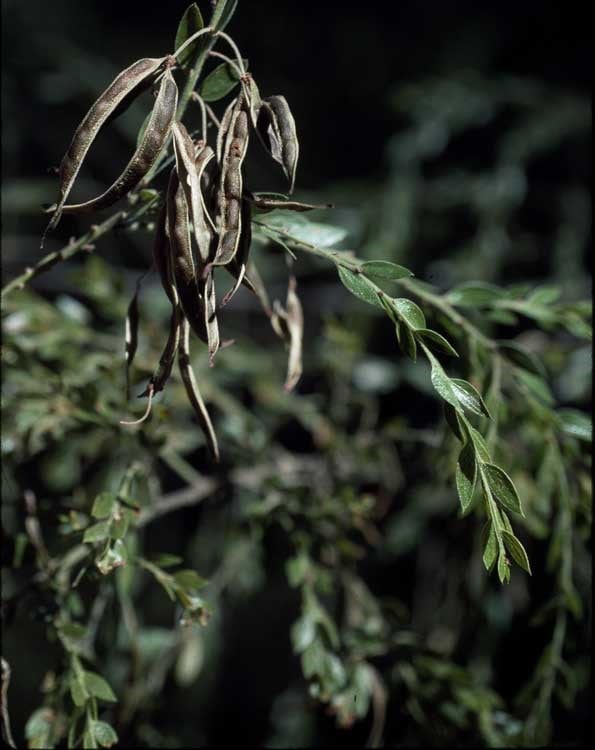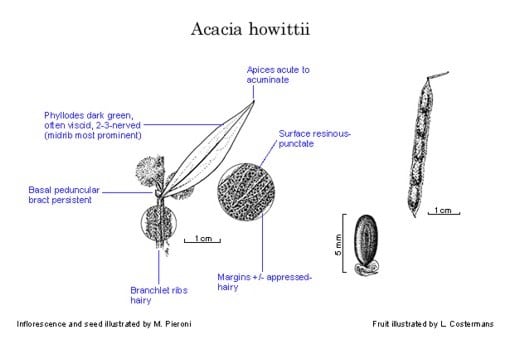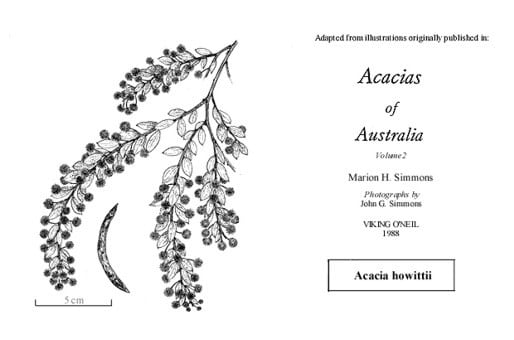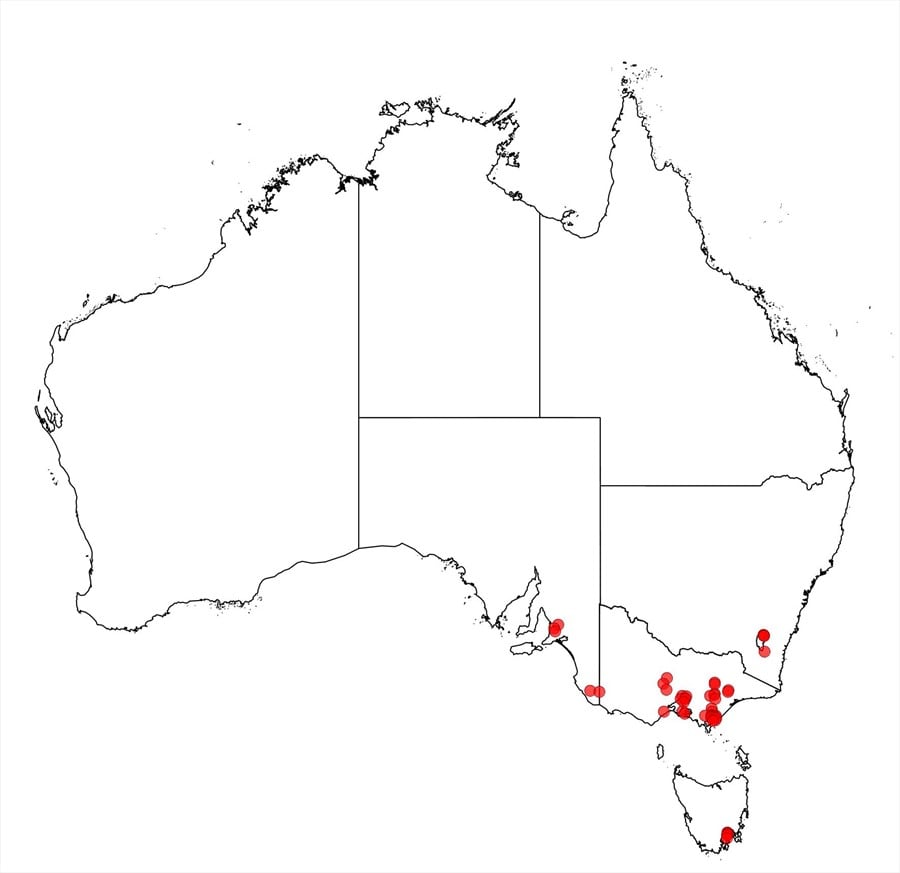Acacia howittii F.Muell.
WATTLE
Acacias of Australia
Common Name
Howitt’s Wattle, Sticky Wattle
Family
Fabaceae
Distribution
Confined to eastern Vic. from the upper Macalister R. area near Mt Howitt S to near Yarram and E to near Tabberabbera; collections from near Daylesford and Melbourne are presumably of cultivated origin.
Description
Graceful shrub or tree usually 3–9 m high. Branchlets pendulous, slender; ribs pubescent; interstices ±glabrous, slightly resinous. Phyllodes narrowly elliptic to lanceolate, usually 15–25 mm long, 4–8 mm wide, acute to acuminate, thin, dark green, glabrous except margins and sometimes main nerves ±appressed-puberulous, resinous-punctate, often viscid especially when young, with 2 or 3 distant main nerves per face and few, obscure, longitudinally anastomosing lateral nerves. Inflorescences simple, 1 or 2 per axil; peduncles 3–10 mm long, puberulous; basal bract persistent; heads globular, 12–20-flowered, pale lemon yellow. Flowers 5-merous; sepals united. Pods narrowly oblong to linear, to 6 cm long, 4–5 mm wide, firmly chartaceous to thinly coriaceous, brown, glabrous except margins hairy. Seeds longitudinal, oblong, 3.5–4 mm long, somewhat shiny, dark brown; aril terminal.
Habitat
Grows in moist forest.
Specimens
Vic.: 14.5 km SW of Yarram P.O., A.C.Beauglehole 62371 (MEL); Stony Ck, near Mt Howitt, W.Cane, Sept. 1973 (MEL); Gidney’s Track, 8 km from the Wentworth R. near Tabberabbera, 16 Sept. 1977, K.C.Rogers (MEL).
Notes
A member of the A. verniciflua complex. Putative hybrids occur between A. howittii and A. stictophylla Dandenong variant) at Ringwood, Vic. The species is widely planted as an ornamental, especially for its pendulous foliage and profuse, perfumed flower-heads. Phyllodes are sometimes to 3.5 cm long in cultivation. A dwarf form, ‘Canberry Honey Bun’, was recently introduced into cultivation, fide Anon., Greenworld 12(4): 34 (1993). Another dwarf cultivar of A. howittii, ‘Green Wave’, is described in E.Brueggemeier, Austral. Pl. 25: 264 (2010).
FOA Reference
Data derived from Flora of Australia Volumes 11A (2001), 11B (2001) and 12 (1998), products of ABRS, ©Commonwealth of Australia
Author
Minor edits by B.R.Maslin
B.R.Maslin
This identification key and fact sheets are available as a mobile application:
URL: https://apps.lucidcentral.org/wattle/
© Copyright 2018. All rights reserved.
